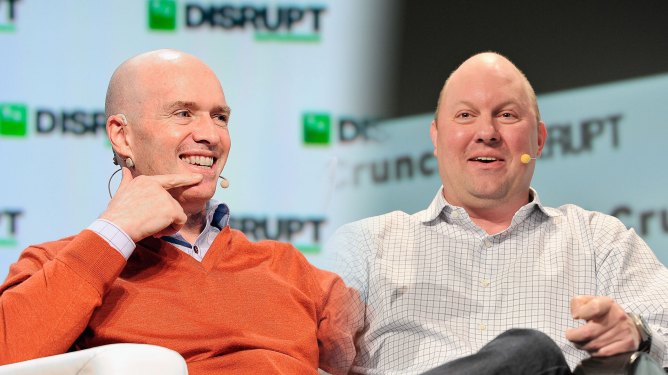Andreessen Horowitz’s plan to advance its agenda in Washington shows no sign of slowing down. The firm has reported $1.49 million in federal lobbying so far this year, according to records filed with Congress. This spending even narrowly exceeds that of its own industry trade group, the National Venture Capital Association.
The pace of this lobbying appears to be accelerating. A review of disclosures shows a16z spent $1.8 million on lobbying in all of 2024 and $950,000 in 2023.
The firm’s lobbying strategy stands out among major venture capital firms, most of which report little to no federal lobbying activity. Sequoia Capital has reported just $120,000 year-to-date, while General Catalyst is at $500,000 for the same period. By comparison, a16z’s spending is just ahead of the NVCA’s $1.40 million.
In response to questions, a representative from a16z referred to articles written by the firm’s co-founders on its policy views and the “Little Tech” agenda. In one article, co-founder Ben Horowitz stated the firm is non-partisan and acts as a one-issue voter. He said if a candidate supports an optimistic technology-enabled future, the firm is for them, and if they want to choke off important technologies, the firm is against them.
The in-house lobbying team is tasked with influencing lawmakers on a wide range of issues, from digital-asset regulation and stablecoins to artificial intelligence. While a16z’s efforts to shape laws around cryptocurrency are well documented, recent lobbying disclosures reveal the firm has set even more ambitious sights on shaping the country’s defense priorities.
Defense made its first explicit appearance in a16z’s third quarter report from 2023, which added the National Defense Authorization Act as a specific lobbying issue. The firm has continued to lobby on the annual defense policy bill in subsequent quarters. The National Security Council appears for the first time in a filing covering the second quarter of 2024 and remains on the list, a signal that the firm is framing questions on finance and technology along national security lines.
Although firm co-founders Marc Andreessen and Ben Horowitz staked their support on President Donald Trump in the last election, the in-house policy team is notably bipartisan. Its government affairs leaders have been recruited from both sides of the political aisle.
This increase in spending coincides with a16z’s more aggressive push into regulated industries like defense and the industrial base. Both are focus areas of the firm’s American Dynamism practice, along with hot-button technologies like AI. The firm has paired this push with bringing on significant in-house policy talent, such as former deputy national security advisor Anne Neuberger, who recently joined as a senior advisor.
However, lobbying dollars do not neatly correlate with influence. For example, Founders Fund reports little to no federal lobbying, yet its network has outsized access within the Pentagon and the White House.
Venture funds can also influence politics in other ways. In parallel to registered lobbying, firms channel money through political action committees. It was recently reported that a16z is helping back a new pro-AI network of PACs called Leading the Future.

